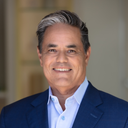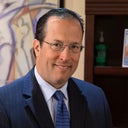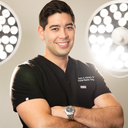Insurance Cover Rhinoplasty or Nose Job Surgery?
I am interested in having a rhinoplasty or nose job. What cosmetically bothers me is the hump or bump I have on my nose that makes it look crooked. I also have trouble breathing and an ent i saw years back said I have a deviated septum. Would insurance cover any of the bump correction if I have surgery to correct the deviated septum? And if not, how much will be left for me to pay if I choose to do the deviated septum and rhinoplasty at the same time? I'm assuming i wouldn't have to pay for anesthesia so how much would the total doctor fee only be approx? How much was your surgery?













